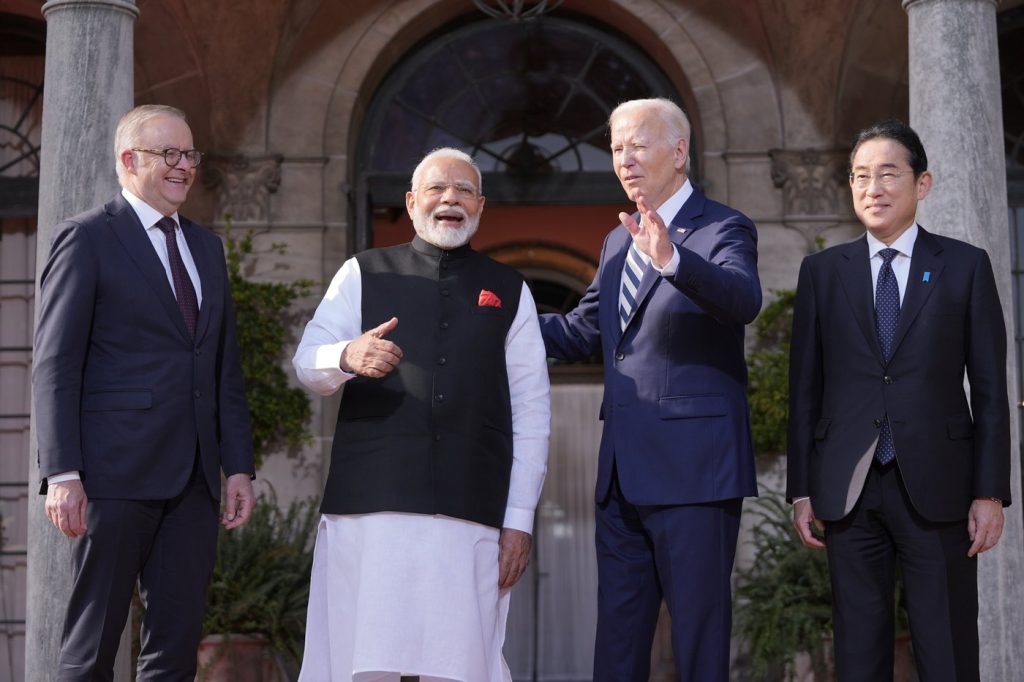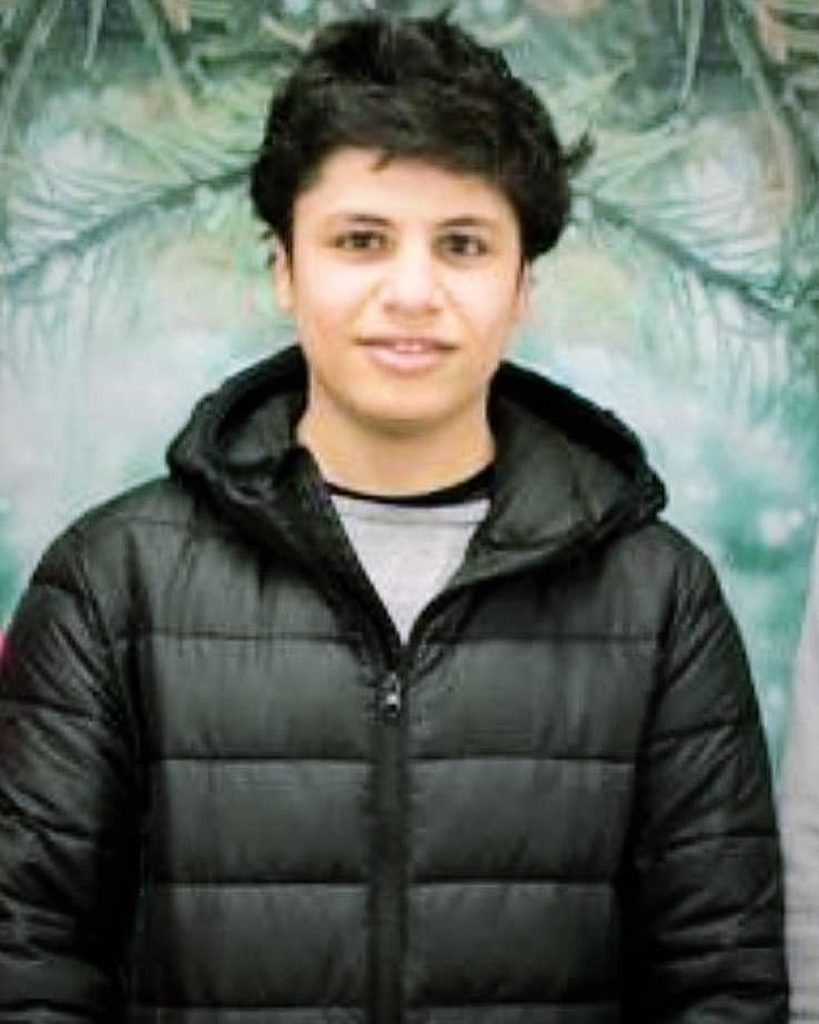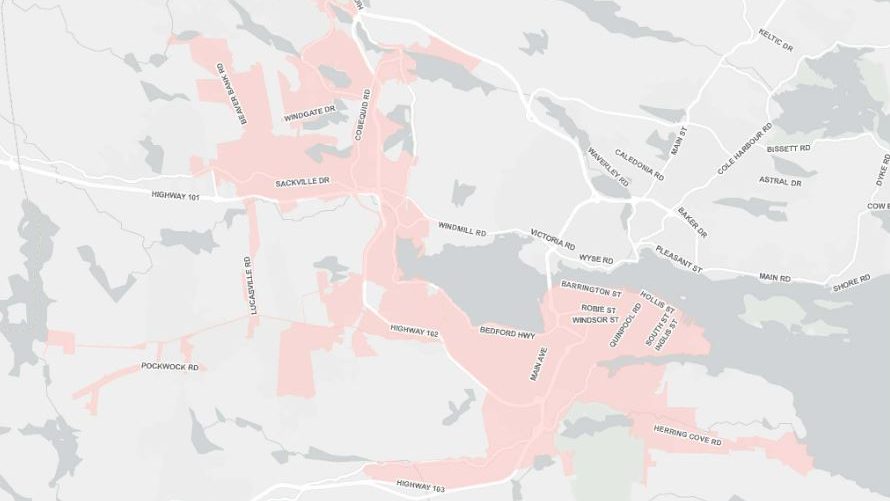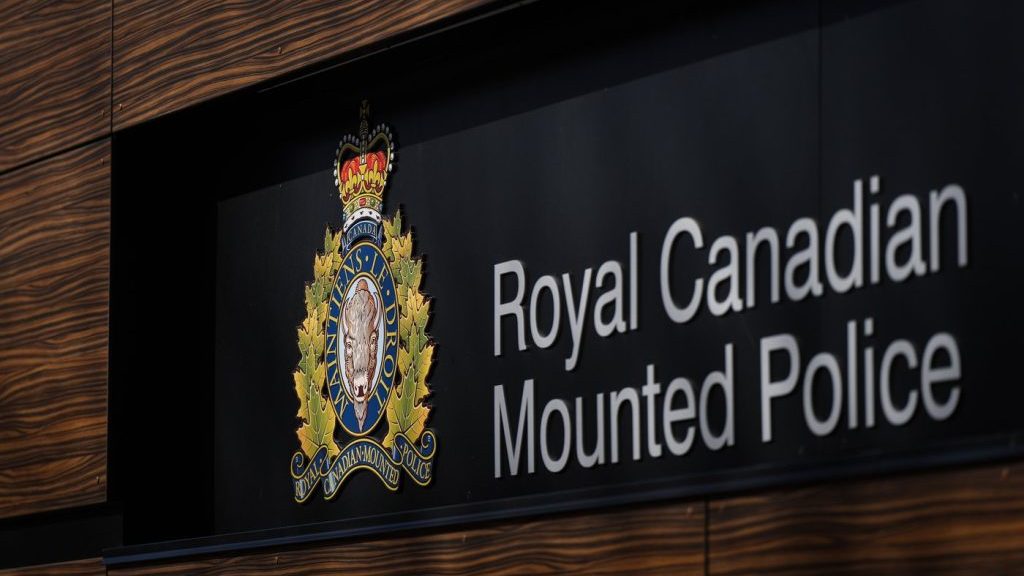Secretary of State Rubio on Day 1 meets with Quad countries focused on countering China’s influence

Posted Jan 21, 2025 11:24:53 AM.
Last Updated Jan 21, 2025 11:31:37 AM.
BANGKOK (AP) — On his first full day as secretary of state, Marco Rubio is meeting with his counterparts from a group of countries known as the Quad, which is made up of the United States plus India, Japan and Australia, representing nearly 2 billion people and more than a third of global GDP. The grouping has been around for more than 15 years, but has recently grown in importance. What exactly is it?
A diplomatic partnership, but maybe more?
The Quad was established in 2007 to bring together countries that had worked together in response to the devastating 2004 earthquake and tsunami in the Indian Ocean. Its members stress its diplomatic nature and broad focus on regional issues including infrastructure, humanitarian aid, disaster relief, climate change, and maritime security.
Even though security is only part of the mix, the Quad is a major component of the American strategy to counter China’s growing assertiveness and vast territorial claims in the region, including to virtually all of the strategically important South China Sea and the democratic self-governing island of Taiwan. As a result, the group is frequently referred to as the “Quadrilateral Security Dialogue” though officially it’s just the “Quad.”
The strategic element to the Quad has prompted China to accuse the four countries of attempting to form an “Asian NATO,” though it is a very different construction and has no mutual-defense pact, a key component to the North Atlantic Treaty Organization alliance.
Still, the White House stressed following a Quad summit in September that the members were working with partners throughout the region to “bolster maritime security, improve maritime domain awareness, and uphold a free and open Indo-Pacific.”
How important is it?
Not long after its founding, the Quad fell dormant and stayed that way for a decade until President Donald Trump in his first term agreed with the leaders of Japan, Australia and India to revive it.
The meetings of the countries’ top diplomats were elevated under Joe Biden’s presidency to summits of leaders, most recently in September in Biden’s home state of Delaware. Over Biden’s four years in office, defense cooperation between the Quad members has deepened. Japan, Australia and the U.S. have all increased their defense spending, with the Americans increasingly targeting the Asia-Pacific region, while India has held its expenditure steady.
At the Delaware summit, the countries agreed to expand the partnership among their coast guards to improve interoperability and capabilities, with Indian, Japanese and Australian personnel sailing on U.S. ships in the region
Japan and Australia have also been broadly revamping their defense strategies, with Australia entering the AUKUS agreement with the U.S. and United Kingdom to obtain nuclear-powered submarines and other advanced capabilities.
What comes next?
It remains to be seen whether Trump will keep the Quad at the leaders level, or turn it back to the nations’ top diplomats, though the fact that there will be a meeting in Washington the day after his inauguration signals it’s likely to remain important.
For his part, Rubio called China “the most potent, dangerous and near-peer adversary this nation has ever confronted” during his confirmation hearing Wednesday, and the issues that gave rise to the rebirth of the Quad in Trump’s first term have only intensified.
Among other things, China has been pursuing its regional territorial claims more aggressively, leading to direct confrontations with the Philippines and others, and working toward establishing a true ‘blue-water” navy capable of operating in seas far from China, including advancing toward the construction of nuclear-powered aircraft carriers, in a growing global challenge.
Ahead of the meeting with Rubio, Australian Foreign Minister Penny Wong called bilateral ties with the U.S. “our most important strategic relationship” and said she was happy a meeting of the Quad countries was being held so soon after the inauguration.
“It’s a demonstration of the collective commitment of all countries to the Quad, an iron-clad commitment in this time where close cooperation in the Indo-Pacific is so important,” she told reporters in Washington on the weekend.
David Rising, The Associated Press








